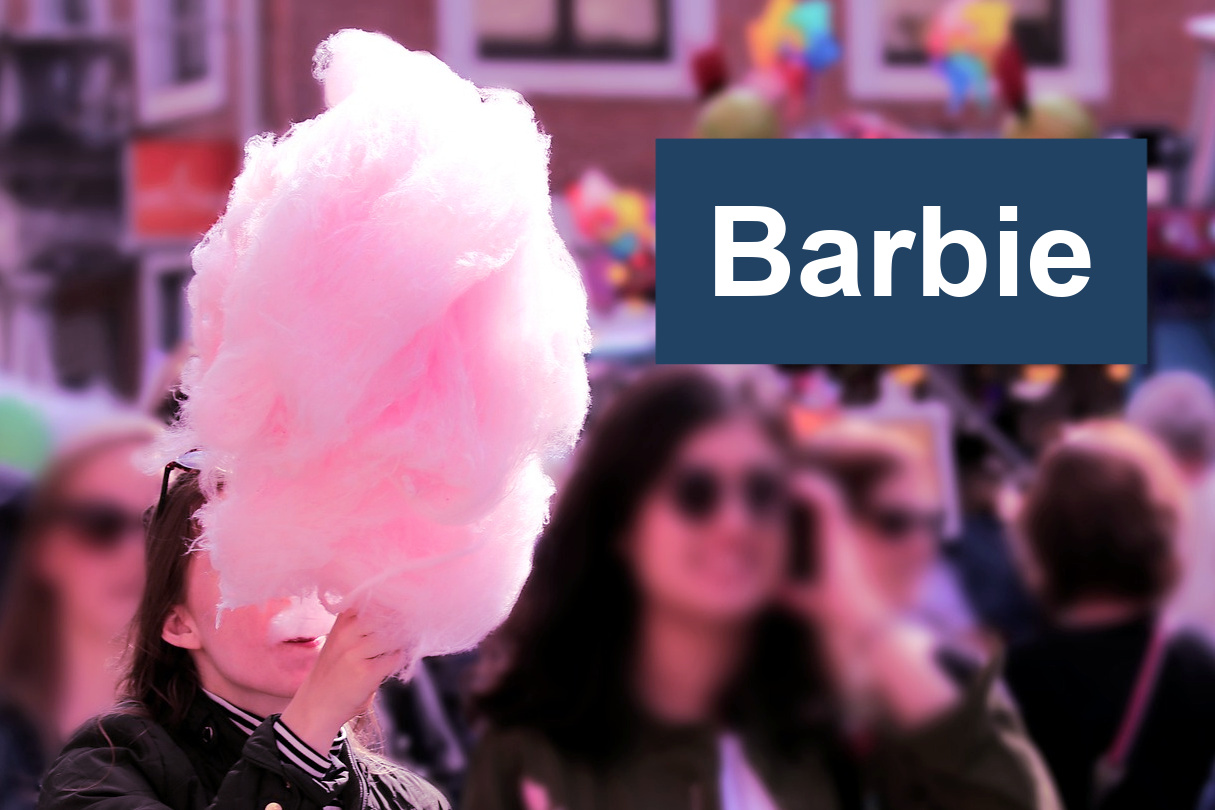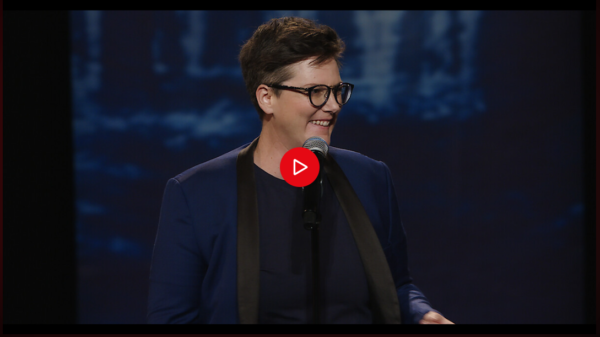
Did you watch the Barbie film? Is it what you expected?
In recent conversation in our EDI group, our reactions ranged from we really, really didn’t like the film, to we loved it!
Discussing the film was a contrast from heavy weight books like Invisible Women, Fix The System Not The Women, and The Authority Gap, and helped most of us to access some new insight and meaning.
It’s fair to say that for many of us:
- We found the film confusing
- Neither Matriarchy or Patriarchy on their own looked appealing
- We thought there were some great lines, at least one inspiring speech and some great acting
- A disappointing ending.
We felt the film attracted men and the younger generation as well as women.
From this I’m wondering, is it possible to capitalise on the breadth of this audience, to enable a longer term societal shift where things are better for all of us?
Or is the film, fundamentally, like candy floss – it provides a feel good if confusing experience where different, fun and lightweight moments light up the audience.
Sadly however, very shortly after that, nothing is remembered and the film fades into insignificance.
The experience and impact of the Barbie film is over with no learning points, longer term changes or significant shifts in thinking.
For me, fundamentally, the film is about shifting from a pretend world, where women and men operate as pre-programmed dolls, to embracing the messy process of becoming fully human.
This is what I mean. At the start of the film the Barbie character is rigid, perfect and performing a script where, as a doll, she meets the needs and expectations of others.
As the film progresses, she moves away from this to become alive, able to relate to self and others and human.
She is released from the stereotype created by others and able to be fully herself.
Ken changes too. He moves from being in a supporting role, to taking his power, to learn that “power over” doesn’t always give him what he wants.
Most of us already know that it’s more complicated sharing power than we think.
We also already know that can be confusing, painful and difficult embracing being fully human. Sometimes the shortcut to engage with others as a stereotype or cardboard cut out character can seem attractive.
However it is my belief that only with genuine feelings can genuine relationships and partnerships with others come.
When we have the confidence to ditch the superficial, high energy, pink candyfloss where we are all the same and:
- focus on being ourselves rather than meeting the expectations of others,
- use our talents to make the difference we want to make,
- inspire ourselves to be the person we already are and want to embrace more deeply.
When we do this, we cannot be reduced or homogenised into a plastic doll.
What long term, positive and attractive outcome would ditching the candyfloss give you?
And with a big thank you to all the members of the EDI Discussion Group who helped me develop my thinking for this blog!
Gill How loves to deliver work globally and internationally with managers, executives and professionals to help them to evolve, grow their leadership capability and stretch their strengths. She is a Master Executive Coach, Innovative Leadership Developer and avid walker in beautiful parts of the world! If she can help you in developing the potential of the professionals in your organisation, get in touch!
Join our EDI discussion group: This month we will be watching and discussing the Hannah Gadsby video – Nanette, which you can find on Netflix.
All are welcome! If you would like to join us and are not already on the email list, get in touch, and Gill will send you the zoom link!
Date and Time: Friday 24th November at 12.30pm BST (GMT+1) and Monday 27th November at 5.30pm BST (GMT+1)
Like this content? Sign up here:






I watched this twice with Gill and family. Yes, it was confusing and perhaps short of a clear directorial stance. Yes, matriarchy and patriarchy are unappealing, but they are only two forms of self serving control and domination, all of which we have to challenge day by day in many settings.
It may be candy floss, I am not sure that matters. Societal change mostly happens by small nudges not shouting and revolution. Barbie the Movie has been seen by over 100 million people at a minimum, so if it causes each of them to think and revise their views even a little bit that must be plus for society.
Maybe some found the ending disappointing. However, she made her choices (whatever they were, it’s unclear), and we must value her right to choose, otherwise we are promoting some type of repressive anti-enlightenment culture.
It does occur to me that maybe we have misunderstood the whole purpose of the movie and it was just a tilt at the ultra conservative right in the US. Who knows.
Thank you, Martin, some great points!
Our book group viewed this after I had picked it up on DVD from our local supermarket (Can’t think what came over me!!!)
No one wore pink but we enjoyed the film and thought it was cleverly done – much deeper than on first impressions and definitely not for 8 year old girls.
We thought the sets were clever – not that I had a Barbie – think I was too old and not a girlie girl – some of my mates had Tressy (remember her) or Sindy.
We take our hats off to Mattel – what a marketing coup!
We thought the move to ‘grey’ real world was a nice contrast and helped move the film on giving the opportunity to play out the perfect life versus reality of the human experience.
It reminded us of Stepford wives and the Matthew Bourne ballet of Edward Sissorhands.
We enjoyed the laugh out loud moments and thought the ending was predictable and funny (visit to the gynaecologist) As you say, not a memorable watch but frothy and fun and we were pleased to have seen it.
Afterword: shows how society has moved on in our lifetime.
Thank you so much Sally – some great thoughts there!